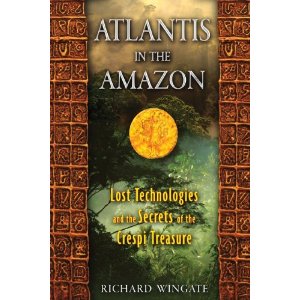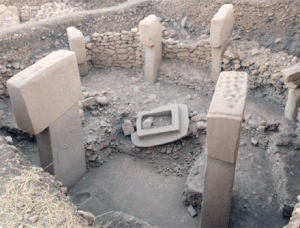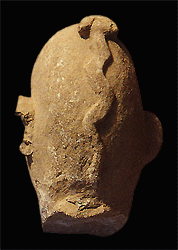Atlantis In The Amazon?

I’ve been researching the Crespi collection for a long time, and I am constantly frustrated by the lack of information on the treasures as well as the flimsy background provided by researchers and anthropologists on their mysterious origins. It really does seem to be one of the most mysterious unsolved mysteries of them all. Alas, there is at least now finally a well-researched book on the subject that I can sink my curious teeth into:
ATLANTIS IN THE AMAZON: Lost Technologies and the Secrets of the Crespi Treasure (by Richard Wingate)
The book is so satisfying and compelling that I read it in one day. Still, my imagination is going wild with questions and theories about the treasure. I need to read more books! If you know of any please share the titles with me in the comments section.
Could it be that these objects in the Crespi collection belonged to the people of Atlantean colonies in the Amazon? Or was Father Crespi a saintly old man who purchased fakes from villagers so that they could feed their families, knowing full well that the objects were worthless? Is the script on some of the metal plagues really a proto-Phoenician script, and if so does that mean that the cradle of civilization in the Indus valley was actually a colony of survivors from Atlantis? Is that why such an advanced culture seemed to spring up from absolutely nowhere? Was the cataclysm that destroyed Atlantis caused by a nuclear war, and if so, is the radioactive evidence presented in the book for real? Is it true that all of this is corroborated by Edgar Cayce’s readings on Atlantis?
I’ve posted about the Crespi treasure before, you can find that post here.
For the book, click here.
Share



